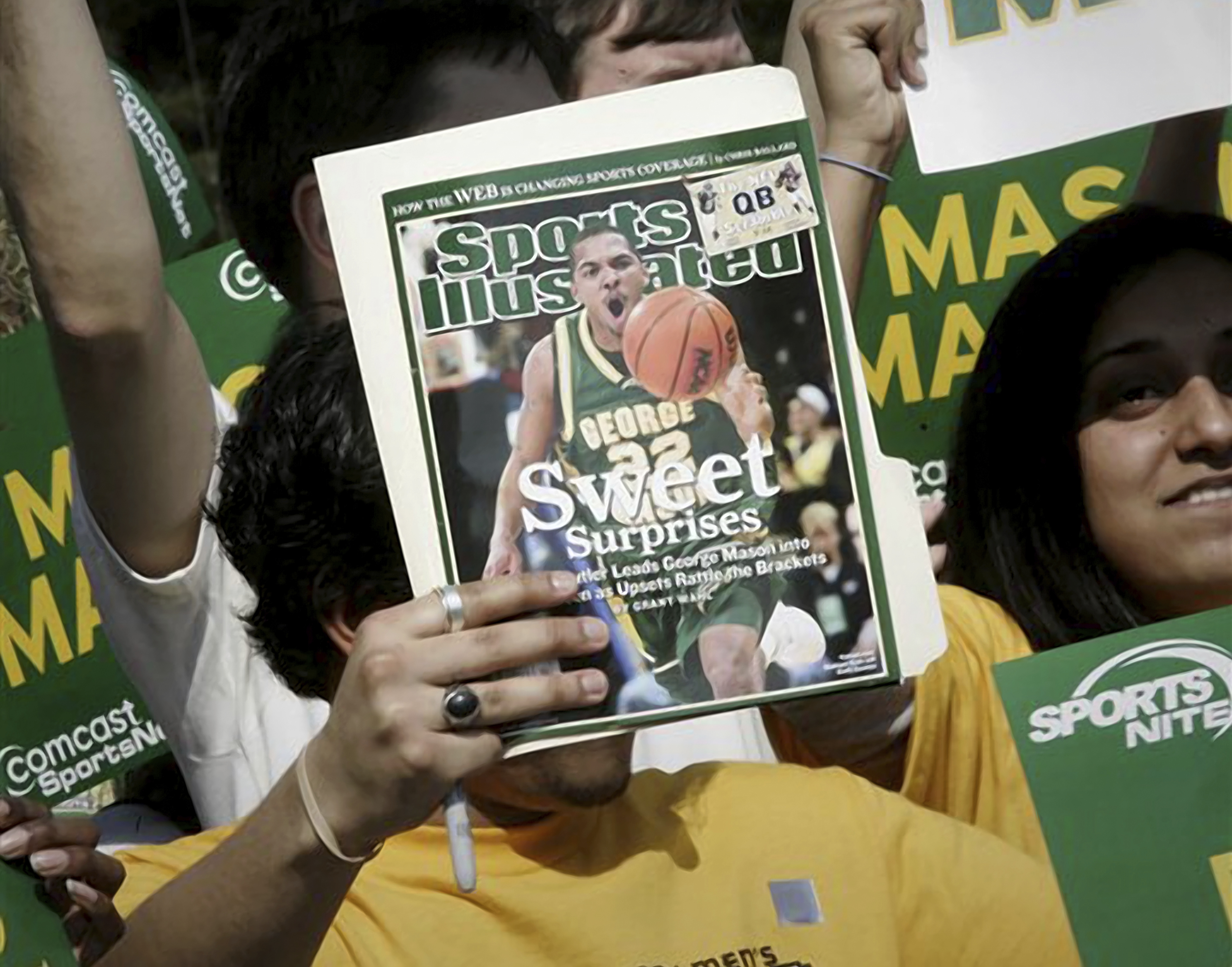You’d be shocked to learn how much of each dollar raised for cancer research goes to children. For the past 14 years Hall of Fame sports broadcaster Dick Vitale has fought to change that.
“He’s punching the wall, with tears coming down his eyes. ‘I can’t take this pain man, it’s unbelievable, and it’s like a toothache running through your whole body,” Vitale said.
ESPN sportscaster Dick Vitale says he had first felt cancer’s impact, when his friend Jimmy Valvano got sick.“ I tried to say ‘Jimmy you got to keep fighting man, you have to keep fighting. He said Dick it’s over man, it’s done,’” Vitale said.
Legendary North Carolina state coach Valvano succumbed to the disease on April 28th, 1993, but not before changing Vitale’s life with his powerful speech at the ESPY’S. A father himself, Vitale knew he had to do something. “We pray we are not one of seven moms and dads almost everyday, who put on a suit and a dress and are going to their child’s funeral,” Vitale said.
For the past 14 years Vitale has turned prayer into philanthropy, hopelessness into hope, with his Dick Vitale gala – raising money for pediatric cancer research.
“Four cents out of every dollar raised for cancer goes to pediatrics,” Vitale said.
Thanks to Vitale’s passion and giving spirit, his Gala kids get more funding, and the chance to dress up and feel like a celebrity for the night. Hall of Famers, honorees and Suncoast residents coming together to fight a disease that never discriminates.“That disease strikes, it doesn’t care who you are. Whether you are rich, poor, black white, Christian, Jewish, Muslim it doesn’t matter, it will bring you to your knees. That’s why we need all people out there to unite and not give in and fight that disease, and beat that disease,” Vitale said.
The 14th annual Dick Vitale Gala is this Friday at the Ritz Carlton in Sarasota. So far the event has raised $25.2 million dollars for pediatric cancer research.

